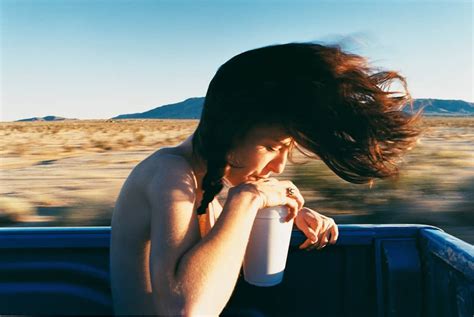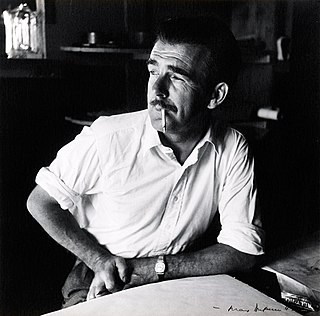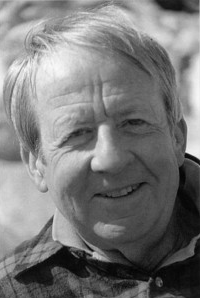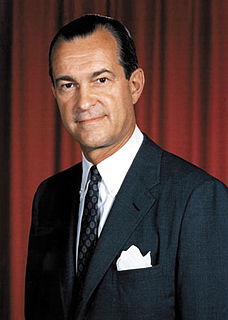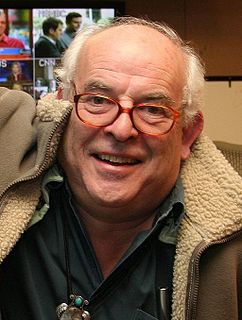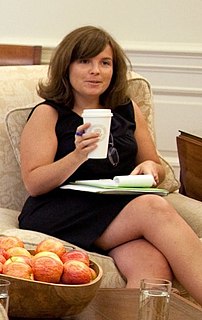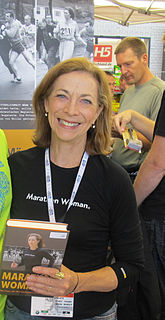A Quote by Annie Leibovitz
As soon as you put something to bed like the 'Women' book, you're never finished. There were portraits of people that I wanted to photograph - it's an endless subject.
Related Quotes
In college, all my friends were graffiti writers, but I never wrote graffiti. I wanted to participate and do something cool on the street, so I'd make these portraits of people. I'd isolate them on a white wall, make a silkscreen of it, and do these portraits in bathrooms and all around. That's how I started the Polaroids.
I was perpetually grief-stricken when I finished a book, and would slide down from my sitting position on the bed, put my cheek on the pillow and sigh for a long time. It seemed there would never be another book. It was all over, the book was dead. It lay in its bent cover by my hand. What was the use? Why bother dragging the weight of my small body down to dinner? Why move? Why breathe? The book had left me, and there was no reason to go on.
Women who were housewives, who were pretty miserable ... felt inspired by her book and their life changed. They didn't become megastars, but they became a librarian or something. I've heard women say again and again when the subject of Germaine comes up: 'Well, her book changed my life for the better.' And they'll be modest women living pretty ordinary lives, but better lives.
At first, I thought 'this series is going to be all about death and desecration,' but instead became a more complex landscape of human relationships. I hope I put something of these feelings into the portraits that I made of the characters, which were landscapes in themselves. An irony in the subject of crystal meth is how beautifully it resembles the desert sky.
I think that if you look at all of the books that have ever been written about people working in the White House, they're sort of the opposite of my book. And I think that so many people want to write a book that sort of memorializes their place in history. And I wanted to write something for all of the women who are like me. I grew up in upstate New York, I graduated high school with 70 other people and didn't ever know that anything like this would have really been an option for me. So I wanted other young women — and men — to know that just being you is plenty.
When I finished the Boston race in 1967, there were two things I wanted to do. I wanted to become a better athlete because my first marathon was 4:20. In those days, that was considered a jogging time and I knew people were going to tease me. But I was more fascinated with what women could do if they only had the chance.

